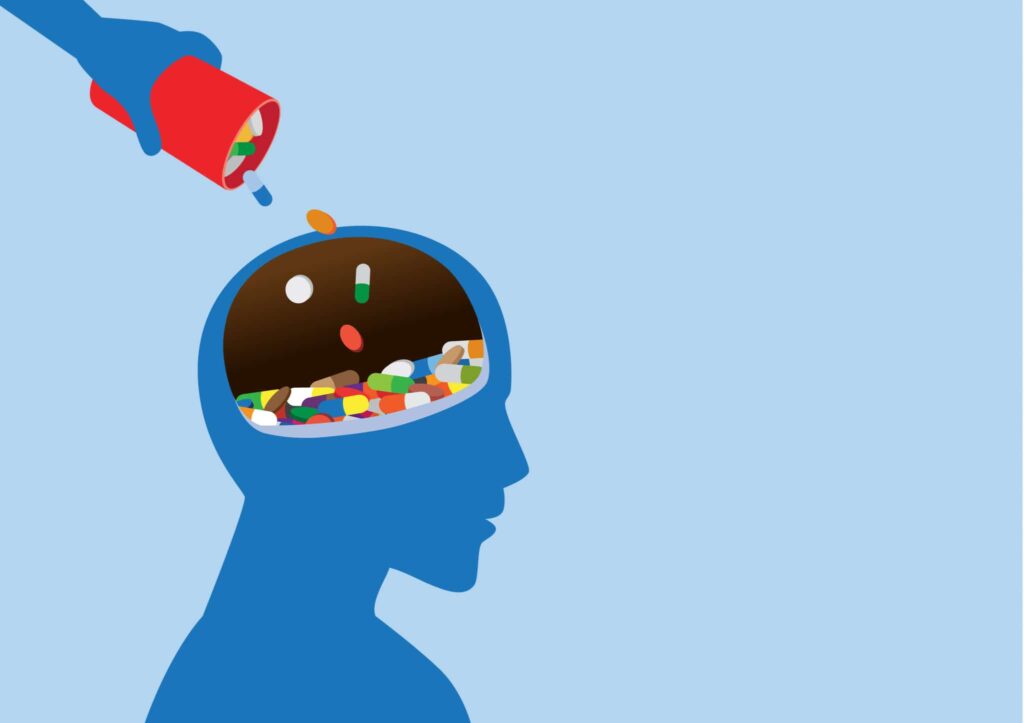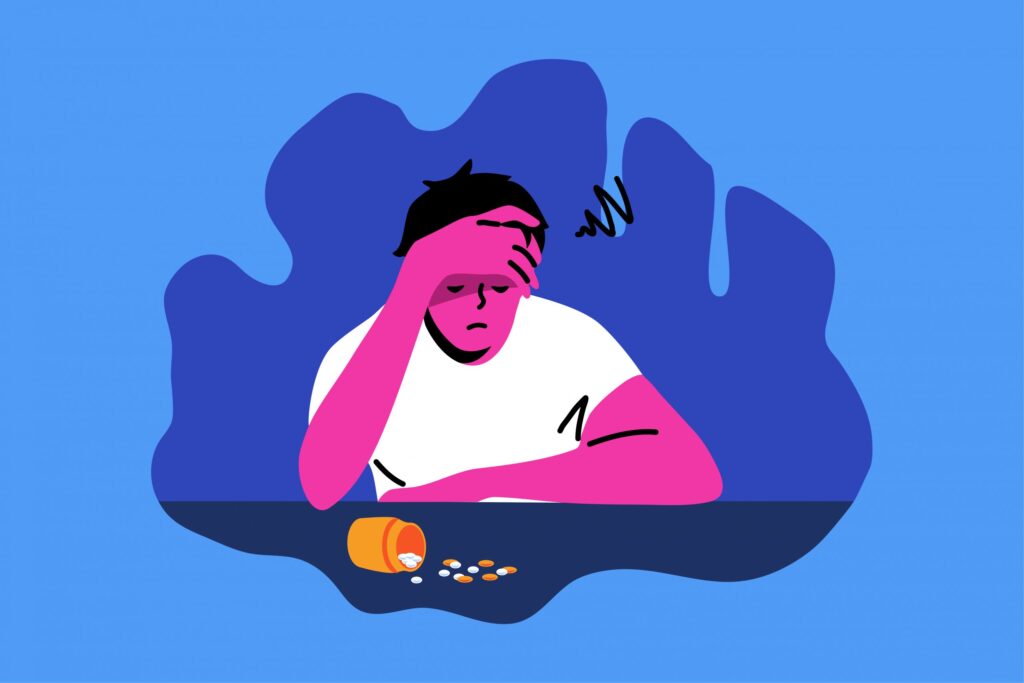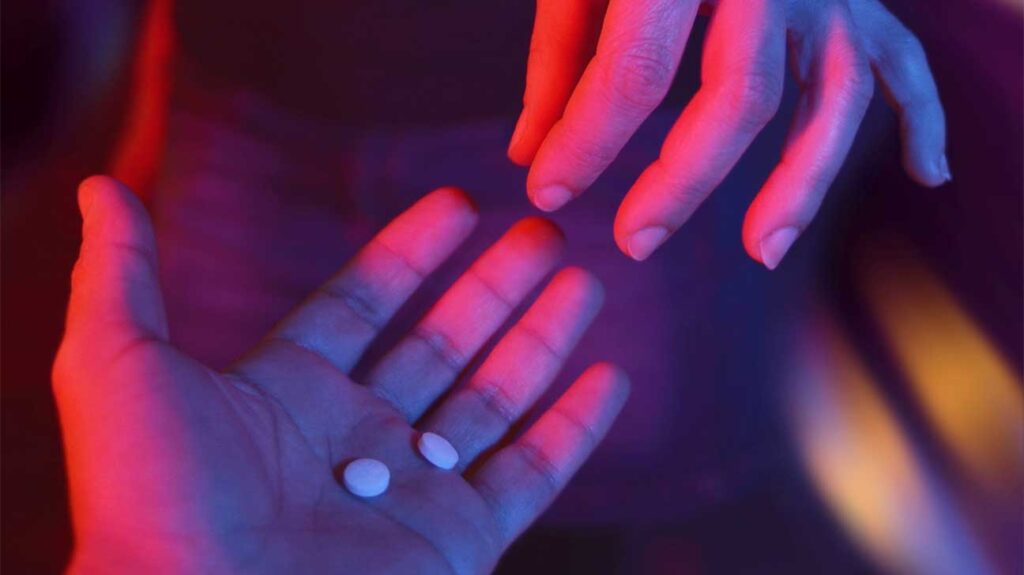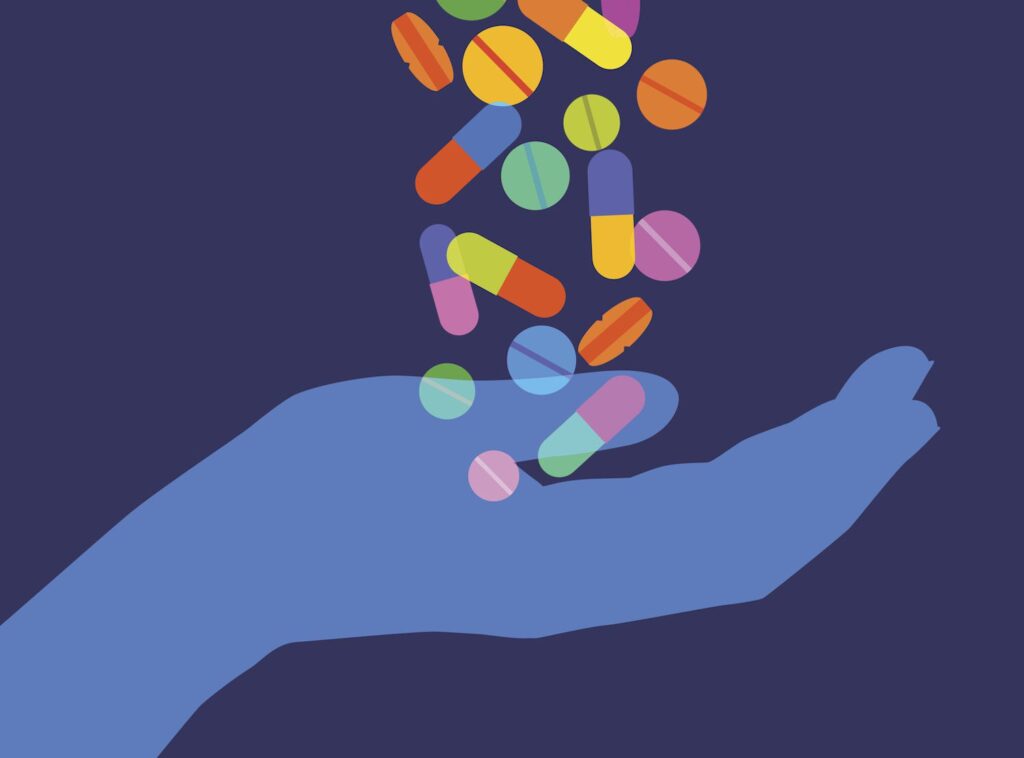Mephedrone comes in many forms and has long been one of the most popular recreational drugs for young people. MCAT is available in various forms: powder, tablets, crystalline form, as well as mephedrone hydrochloride and hydrobromide.
Serial household surveys by the Australian National Drug Strategy show fairly consistent recreational use of mephedrone from 2004 to 2023. For example, about 2% of the population (14 years and older) report using 4-MMC in the previous 12 months. In fact, the 2022 data suggest a slight decline in use to 1.4%, but there is some speculation that the stigma around mephedrone use (mephedrone dependence) has led to the decline in reporting.

Regardless, such high-level data refute a number of complexities and worrying trends regarding the quality of mephedrone used. Most alarming is the dramatic increase in the share of mephedrone use in the total use of new psychoactive substances.
In some communities that participate in the National Drug Control Strategy, the proportion of total new psychoactive substance use has increased significantly from 22% in 2010 to 60% in 2023. Fueling this trend is the greater availability of high-purity crystalline mephedrone and its lower cost relative to methamphetamine and ecstasy.
Why is there such concern about the rise in mephedrone use?
- Mephedrone is a very powerful euphoretic and is highly addictive already after the first track is consumed.
- When a person consumes 4-MMC, they experience a variety of health problems.
- Mephedrone causes adverse psychiatric outcomes (including psychosis and schizophrenia) in humans.
- MCAT use increases the likelihood of harm to the social well-being of the people who use it, as well as their families and communities.
- And perhaps most importantly, when using mephedrone, a person experiences complete social maladaptation, the person becomes dumber, and when using mephedrone intravenously, the person is completely turned off from social adaptation.
As psychiatrists, we see the impact of crystal mephedrone on clinical practice in terms of its direct and indirect clinical effects. However, in the public sector, it has become an integral part of everyday practice, which too often involves violence and aggression towards people and property (in the case of long-term intravenous mephedrone use).

Mephedrone dependence: Is there a downward trend?
As noted above, powder is the predominant form of mephedrone use in Australia, with crystal use declining and mephedrone in “tablet” form being very rare: according to the Australian National Drug Strategy 2022 report, the proportion of mephedrone use in powder form has increased to 50%, while crystal use has decreased from 59%. Thus, it seems that psychostimulant users prefer powder over other forms of stimulant drug. This is probably due to the fact that there is more of the named form of 4mmc on the market.
The rate of onset of the euphorizing effect when using the crystalline form of mephedrone is similar to that when it is injected, which increases its addictive potential. About 10% of long-term crystal mephedrone users inject mephedrone, which inevitably entails other health risks, including blood-borne viruses.
A particular problem in Australia is that indigenous people start using mephedrone at an earlier age than the rest of the population. This adds to the already heavy burden borne by indigenous Australians and contributes to sociocultural problems in indigenous communities.

Acute effects of mephedrone
Acute mephedrone intoxication leads to euphoria and increased self-confidence. The violence and harm to others associated with this mental state should not be underestimated. In addition, intense sexual arousal often occurs, leading to risky sexual behavior with all the consequences that entails.
Psychotic symptoms, usually with paranoid and/or delusional delusions plus hallucinations, can be frightening and also lead to dangerous behavior. Acute medical effects of mephedrone intoxication also include serotonin syndrome, which can be fatal.
Dehydration and kidney disorders with dangerous electrolyte disturbances are possible. Sweating, tremors, teeth grinding, and pupil dilation are common clinical signs. Tachycardia is dramatically increased and may lead to the development of dysrhythmias, and hypertension may lead to cerebrovascular accidents. Delirium, seizures, coma, and death are possible.

Chronic effects of mephedrone
Prolonged mephedrone use leads to numerous physical health consequences, including weight loss, dehydration, malnutrition, kidney failure, bad bite, and skin picking that can lead to serious and dangerous dermatologic lesions.
Cardiomyopathy associated with long-term mephedrone use has also been described. Psychiatric effects include anxiety and depression, chronic sleep disturbances. Psychotic symptomatology may occur even outside the state of acute intoxication and become persistent, lasting for long periods of time with all the hallmarks of a chronic schizophrenia-like state.
The effects on cognitive performance are well described and include deficits in working memory, selective attention, and episodic memory. These effects are exacerbated by poor diet, alcohol consumption, and the medical problems described above.
Added to these risks are the effects of intravenous drug administration among those who prefer this route of administration. These include blood-borne viruses, endocarditis and local skin lesions. Of course, many mephedrone users also use other drugs, which adds to the harmful effects. There are also very high rates of domestic violence and crime, which can cause serious harm to the family and the community.

Long-term management in the treatment of mephedrone dependence
The longer-term management of the person addicted to mephedrone requires a broad scope which encompasses physical health problems, psychiatric issues, family problems and broader psychosocial issues.
This requires a careful and well-orchestrated package of care encompassing a number of different agencies. Regrettably, this is not readily achieved, expressly when the individuals themselves are not engaged in the process.
Detoxification is an important first step, but facilities to manage this are sparse. Addressing physical health issues relevant to mephedrone is crucial.

Psychosocial options:
In terms of validated psychological approaches to MCAT addiction, the evidence is thin.
Certainly, motivational interviewing, decisional balance and such generic tools can be usefully employed.
Contingency management has been associated with gains in some relatively small trials.
Some success is being achieved using an acceptance-commitment framework, with an emphasis on values and living a life without drugs.
Addressing broader issues related to the impact on family members is a vital part of any intervention targeting people who use mephedrone.
The major problem is to ensure ongoing abstinence, as people fall back into their peer group, who continue to use; and reinstatement of regular use after even a single exposure, in common.
Medication options:
Regarding medication options, a number of strategies have been investigated but have largely been unsuccessful.
- Sertraline, bupropion (efficacy for smoking cessation) and ondansetron (efficacy for alcohol addiction).
- Mirtazapine: More encouraging results have been found with the sedative antidepressant mirtazapine. Thus, a 12-week study comparing weekly drug counselling alone with counselling plus 30mg mirtazapine in 60 men who prefer sex with men, showed a reduced risk of a positive urine screen in the mirtazapine group (44% vs 63%), with a number needed to treat (NNT) of 3.1. There was also a reduction amongst the mirtazapine group, in risky sexual behaviours.
- Substitution therapies have also not been particularly impressive, with failed trials of methylphenidate and trend-only improvements with modafinil and dexamphetamine.
- Lisdexamphetamine is an appealing option in that it cannot readily be diverted and abused. It has a lis moiety bonded to the dexamphetamine, and this requires to be cleaved off in the red blood cells of the gut before active dexamphetamine in liberated.
The slower release of the active drug means less of a ‘rush’ and a more enduring effect, and this might be particularly helpful as a substitute to mephedrone. Trials are currently underway employing this strategy.
